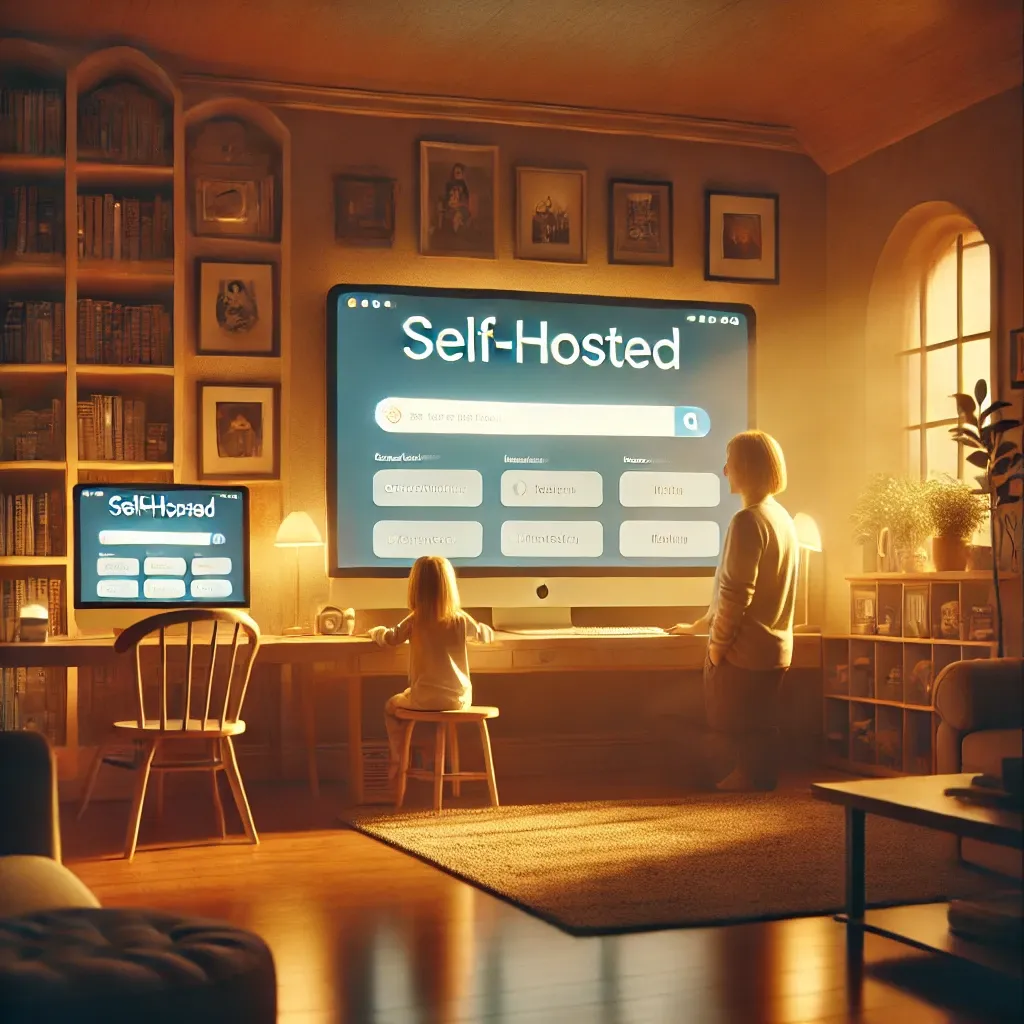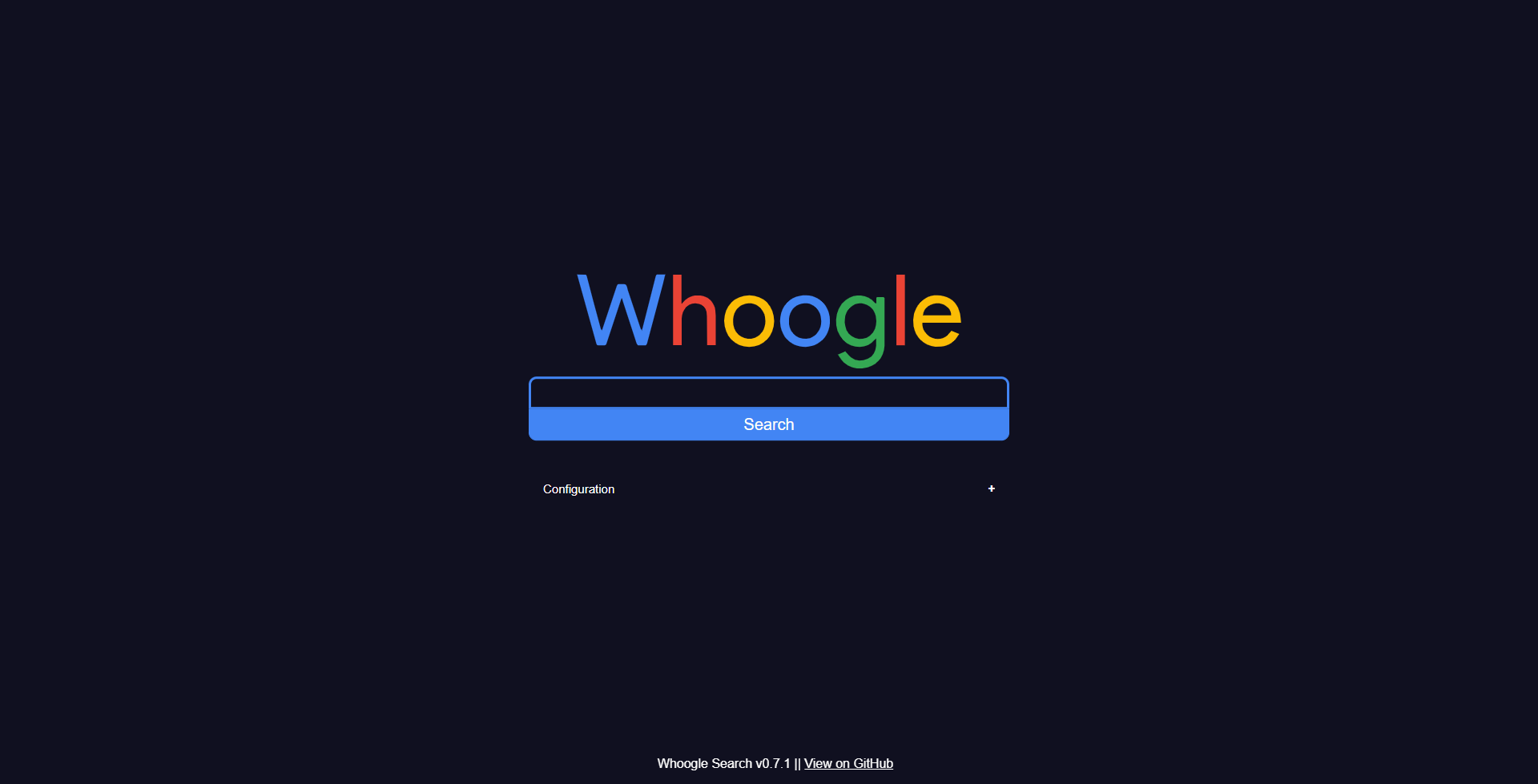Why Self-Hosting Matters: Protecting Your Child's Online Environment
Control your child’s online environment by self-hosting. Protect their digital experience, ensure privacy, and guide their exploration with customized content and secure setups.

In today's digital age, the internet plays a significant role in shaping the beliefs, behaviors, and identities of young people. As a parent, it is natural to be concerned about the influences that your child is exposed to online, particularly when it comes to complex topics like gender identity. The internet is a vast and often unregulated space where your child can encounter a wide range of ideas and perspectives, some of which may not align with your family's values. This is where self-hosting can become a crucial tool for parents who wish to have more control over the content that their children access online.
The Influence of the Internet on Gender Identity
The internet is an incredible resource for information, but it also exposes users to a wide variety of social and cultural messages. For some parents, the concern is that these messages might influence their child's views on gender identity in ways that they are not comfortable with. Whether it's through social media, online forums, or even search engine results, children can encounter narratives that encourage them to question or explore their gender identity. While these resources can be invaluable for those genuinely seeking support, they can also be overwhelming or confusing for young minds still in the process of developing their understanding of themselves and the world around them.
The Benefits of Self-Hosting
Self-hosting refers to the practice of running your own server and hosting your own applications, rather than relying on third-party services. This approach gives you control over the content and data your family interacts with online. Here’s how self-hosting can help you create a safer online environment for your child:
- Control Over Content: By self-hosting, you can decide what content is accessible. For example, using a tool like Whoogle, a self-hosted alternative to Google, allows you to filter search results and remove the influence of tracking algorithms. This ensures that your child is exposed to content that aligns with your family's values and beliefs, without the risk of being targeted by personalized ads or suggestions that might encourage exploration of topics you're not ready to discuss with them.
- Privacy and Data Security: One of the main advantages of self-hosting is the ability to protect your family's data. Many online platforms collect data on their users, which can be used to influence the content they are shown. By self-hosting applications like Jellyfin, an open-source alternative to Netflix, you can provide your child with a curated media library without exposing them to external influences or data collection practices.
- Customized Experiences: When you self-host, you can tailor the online experience to suit your child's needs. This means you can block or allow certain types of content, create safe spaces for learning and exploration, and avoid unwanted exposure to material that may be confusing or inappropriate. Self-hosting tools like Pi-hole can be used to block ads and other unwanted content across your entire network, providing a cleaner and more controlled online experience for your child.
- Educational Opportunities: Self-hosting can also be a great way to educate your child about technology and digital responsibility. By involving them in the process of setting up and maintaining these systems, you can teach them valuable skills and encourage them to think critically about the content they consume online.
Conclusion
The internet is an integral part of modern life, and it's impossible to shield your child from it entirely. However, by taking control of the digital environment in your home through self-hosting, you can create a safer and more controlled space for your child to explore the world online. While this approach may require some technical know-how and effort, the benefits in terms of privacy, security, and content control are well worth it. Ultimately, self-hosting empowers you to guide your child through the complexities of the digital age, helping them to grow into confident and well-informed individuals.
By embracing self-hosting, you take a proactive role in shaping the online experiences your child has, reducing the chances of them encountering content that could lead to confusion or influence their understanding of gender in ways you're not comfortable with. It's about creating a balanced and supportive environment where your child can explore, learn, and grow—under your guidance.




